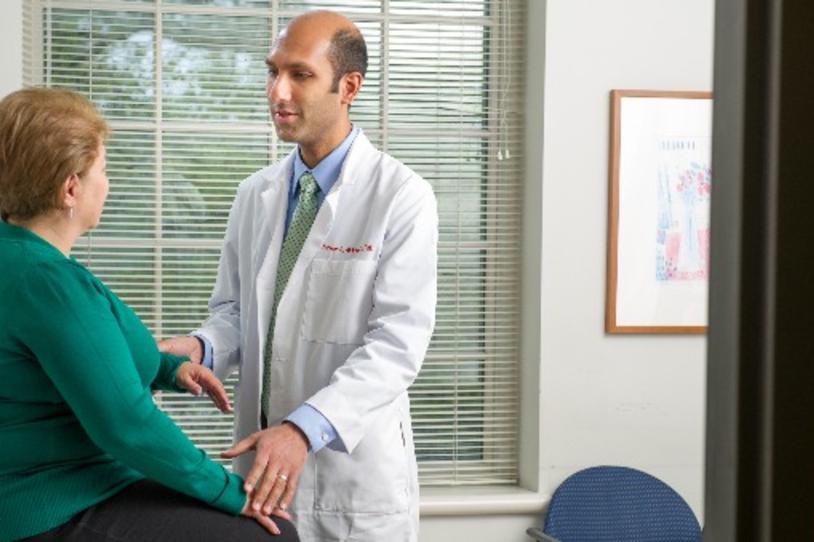
Many people with Parkinson's disease consider or need surgical procedures to treat other conditions. These may range from a minor knee replacement to a major heart procedure. Whatever the surgery, these tips may help you prepare and recover more quickly:
- Consider potential benefits and risks of surgery with your Parkinson's doctor and surgeon.
Surgery, like every therapy, has possible benefits and side effects. Make sure you clearly understand the pros and cons of your specific procedure. Know, too, that Parkinson's symptoms can temporarily worsen with any surgery. This can be from the surgery or anesthesia, being in the hospital and not moving as much, being off Parkinson's medications for a short period, or a combination of factors.
Some surgeries, such as a knee replacement for pain that limits mobility and exercise, may have benefits for Parkinson's. Even though you might have a brief worsening of symptoms, you'll likely have overall positive results in the long run.
- Ask about the best timing and technique for surgery.
Is the surgery technically optional, meaning do you have to have it to maintain your health? If it is necessary, does it have to be done immediately? Is there time to optimize your Parkinson's medications or other therapies before surgery?
Try to schedule surgery in the early morning to avoid being off Parkinson's medications for long periods. (Many surgeons and anesthesiologists ask you to stop all drugs at midnight prior to surgery but, whenever possible, you should continue your Parkinson's medications right up until your procedure.) Also, see if you can avoid general anesthesia, which puts you to sleep. Doctors can do some procedures with local or regional anesthesia, which numb only one or a few body parts. This can lessen potential side effects such as confusion and recovery times. And if you're awake, you may even be able to continue your Parkinson's medications during the procedure. Talk with your surgeon and anesthesiologist about whether these options could work for you.
- Plan ahead to reduce recovery time.
Parkinson's symptoms can temporarily worsen with surgery or just from being in the hospital or surgical clinic. You can minimize them with a few steps:
- After surgery, restart your Parkinson's medications as soon as your doctor says it's okay. (You may have to wait a short time to eat or take oral medications after surgery.
- Avoid certain pain pills or nausea drugs such as Compazine or Phenergan that can temporarily worsen movement symptoms. Remind your doctors and nurses you have Parkinson's and always ask if a medication could affect your symptoms and if there is a better alternative.
- Get moving, with physical or occupational therapy, as soon as possible. Beginning some type of exercise early, even if you can't stand or walk on your own, can speed recovery.
Always talk to your personal physicians about any treatment considerations, as everyone is unique, and so is everyone's Parkinson's.
